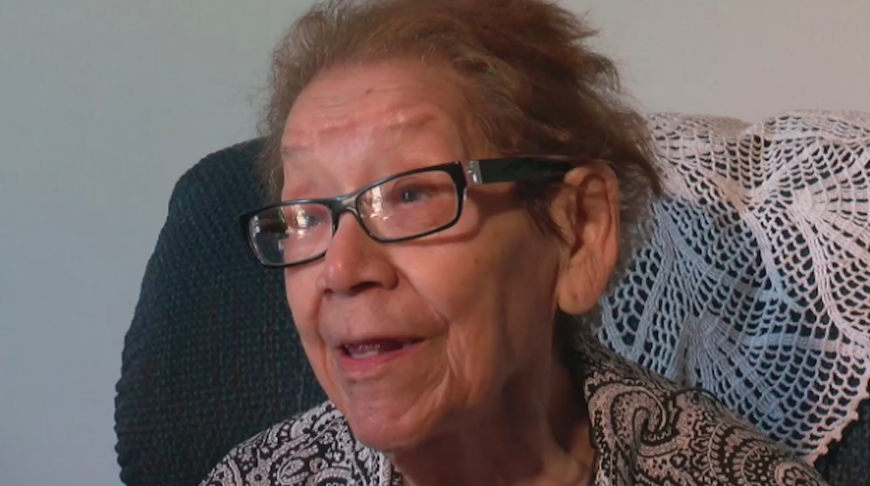The Passing of an Elder
On March 7, 2019, Tomasa Castillo died at age 100. Castillo was an instrumental activist and advocate in her community of West Side of St. Paul. In the 1970s she helped found the Department of Chicano Studies (later changed to the Department of Chicano & Latino Studies) at the University of Minnesota, the first department of its kind in the Upper Midwest.
Castillo’s work took many forms that forever changed the Twin Cities. She co-founded a clinic that offered low-cost and bilingual healthcare to West Side residents, worked with seniors, volunteered at West Side schools (where she instructed students how to crochet and make meals), spoke at colleges about the Chicana/o Movement, and even welcomed American labor leader and civil rights activist Cesar Chavez into her home. Together Chavez and Castillo organized a protest to boycott unfair treatment of migrant workers.
Tomasa Castillo and her husband Nicolas Castillo (1911-1987) were public figures on the West Side of St. Paul and known for always keeping their door open to anyone who needed food or shelter. Additionally, Nicolas was a musician and Tomasa donated admission fees from his band’s performances to underprivileged families.
In 1974 the Minnesota Daily recorded the department’s first acting chair, Alfredo Gonzalez, as saying that one of the department’s goals is “to further, and in some cases initiate, communication between the Chicano community and the academic community.” The department maintains strong relationships with the Chicano and Latino communities in the Twin Cities. These connections were made possible because of Tomasa Castillo and others who helped develop the department in 1972. Her leadership and vision will be missed.
This story was written by an undergraduate student in CLA.


